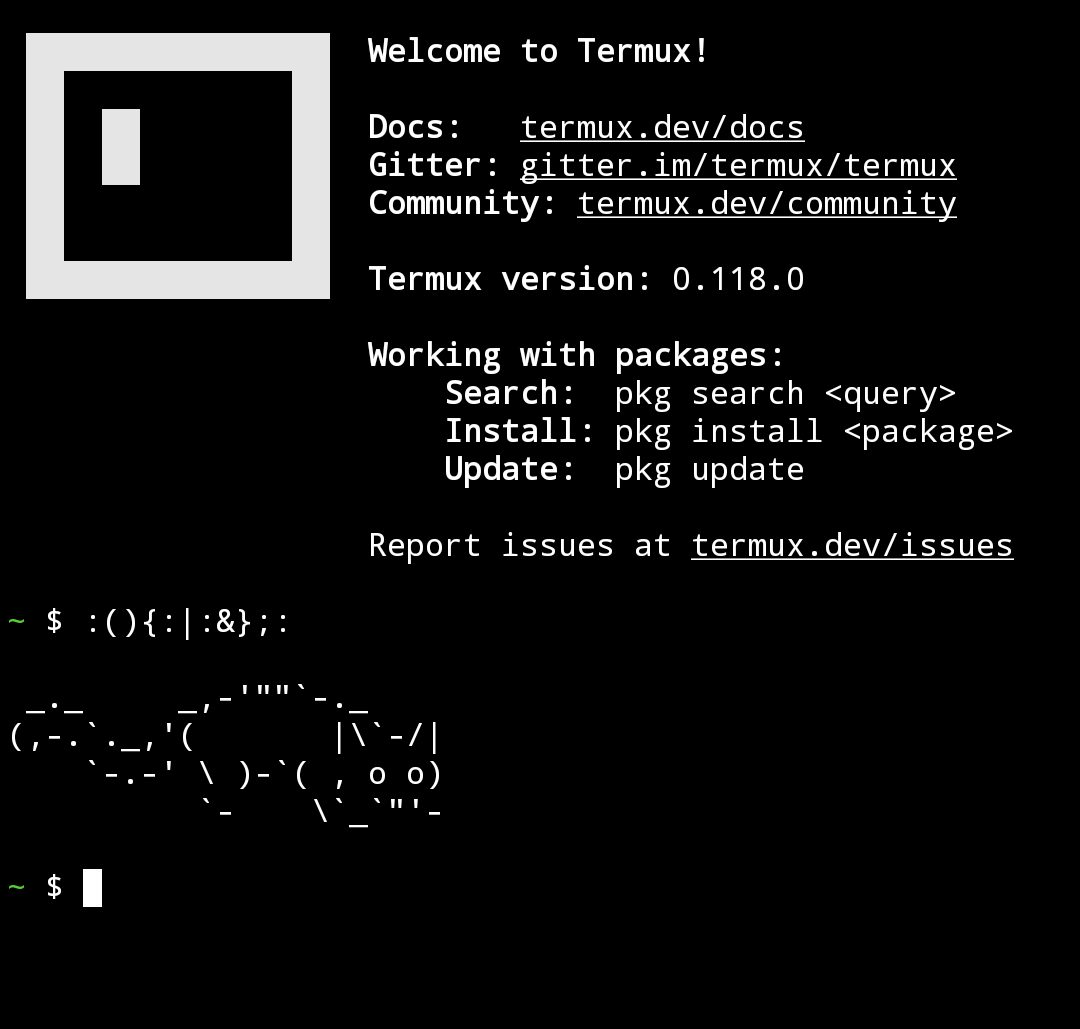

To be honest, Ed.
When I’m forced to edit text on my phone (eg. to fix a broken server while on the go), I ssh in and fire up ed. This is what takes the less screen space on my already to small screen, and because it’s line oriented the screen doesn’t bounce/resize/screw up when the keyboard appears/disappear.




The real answer here.